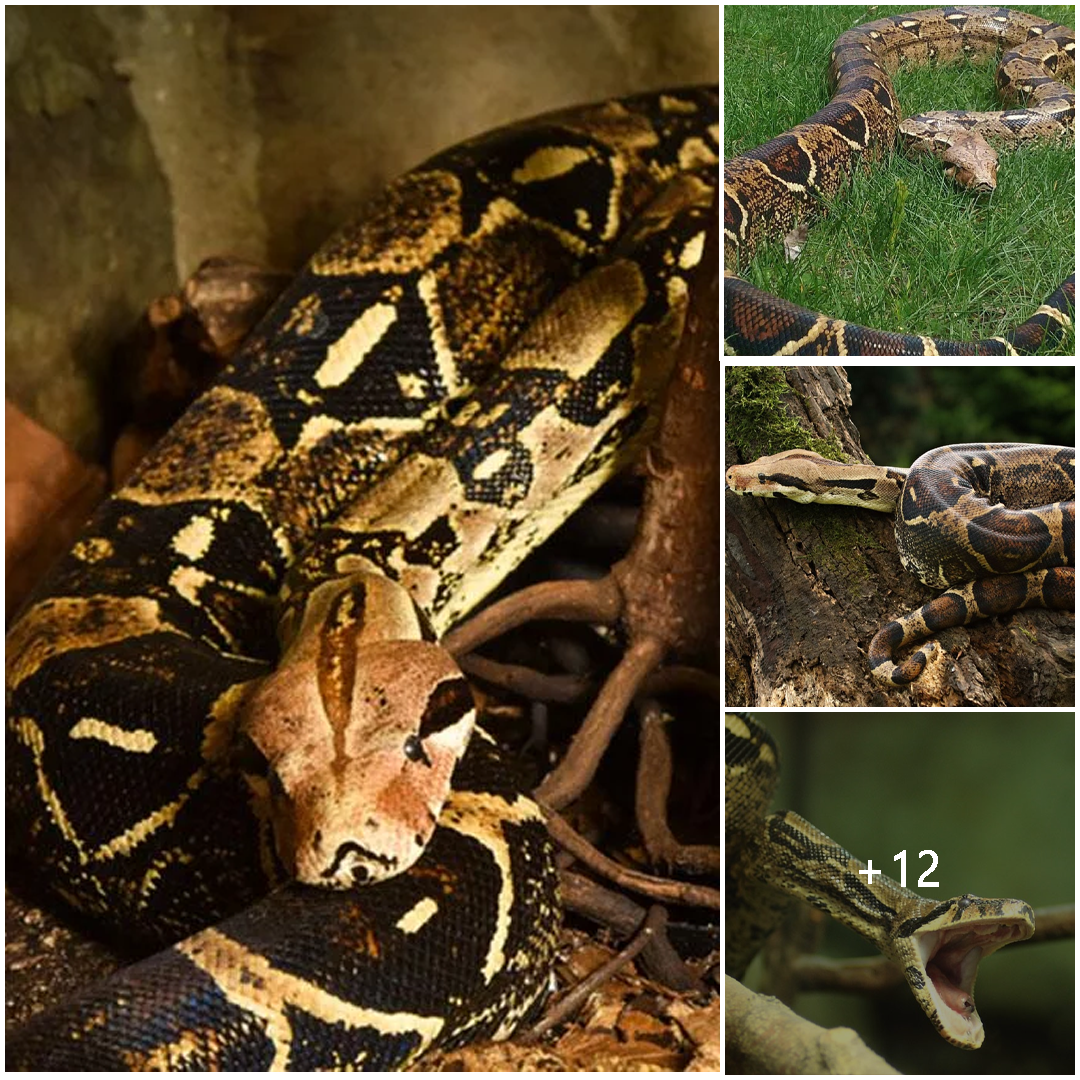
Boa constrictors have not been assessed by the International Union for Conservation of Nature. They are listed under CITES Appendix II, and the subspecies B. c. occidentalis is listed on Appendix I.
They are hunted and collected for their skin, which is considered exotic in many parts of the world.
Humans and boa constrictors have a somewhat mutually beneficial relationship in many parts of tropical America, where they are valued pest controllers. Some homes even bring constrictors inside to prevent or quell rodent infestations.
They are also common in the pet trade, though pet owners are often unaware of how quickly they grow from a small neonate to a large adult. While this snake’s status in the wild has not been assessed to determine the impact of the pet trade on populations, many boa constrictors are imported into the U.S. to become pets. People also breed boa constrictors, often producing snakes with more vibrant colors than their wild counterparts.
While the pet trade may not necessarily be a threat to this animal, their trade can pose a threat to other animals. In many unfortunate cases, an owner will simply release a boa constrictor that has grown too large into a local park or open area. Because boa constrictors are habitat generalists with the ability to vary their choice of prey, they can do well in the places where they are introduced, as long as the temperature conditions allow for their survival.
The introduction of boa constrictors and other large, nonnative snakes into southern Florida has had devastating consequences on habitats that are already under immense pressure due to human development, the dispersal of nonnative species and climate change. There are now breeding populations of boa constrictors across southern Florida that are predating at-risk species into extinction.
While nature centers and zoos will not take snakes from pet owners, some local agencies use innovative strategies to address the impacts of invasive species, such as the boa constrictor. For example, the Florida Fish and Wildlife Conservation Commission hosts a series of events called Exotic Pet Amnesty Days. On these dates, this state government group collects exotic pets that owners would like to surrender with no questions asked.





